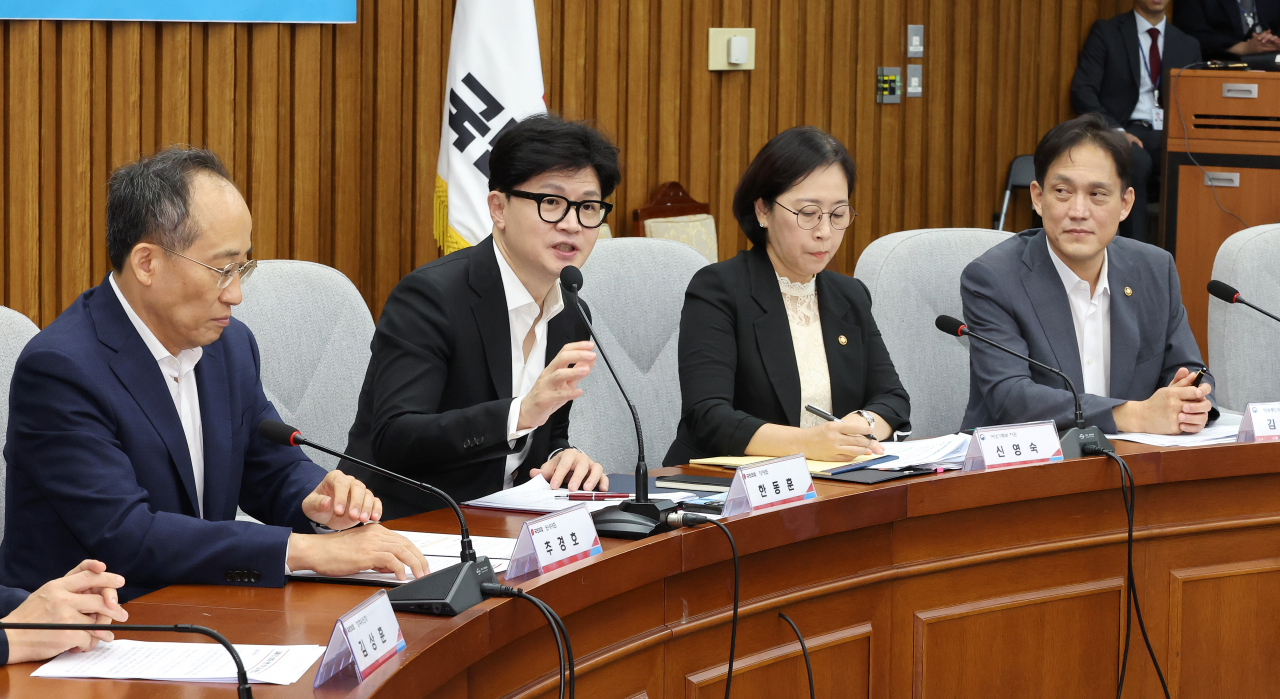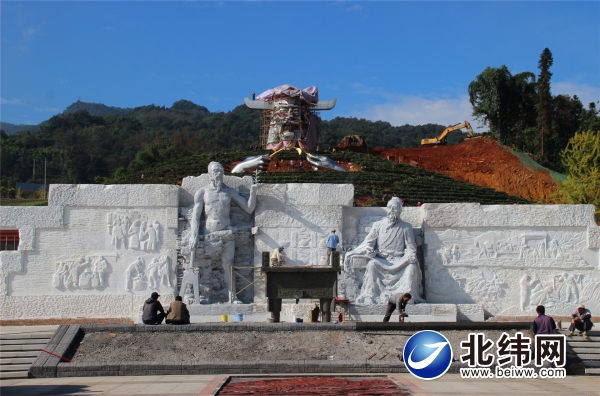您现在的位置是:半岛新闻网 > 新闻中心
Defections of high
半岛新闻网2024-09-22 01:02:02【新闻中心】9人已围观
简介People hold a campaign in Pyongyang, North Korea, to uphold the decisions made at the 8th Congress o
 |
| People hold a campaign in Pyongyang, North Korea, to uphold the decisions made at the 8th Congress of the Workers' Party of Korea, Jan. 20. / Yonhap |
By Do Je-hae
 |
Some South Korean media reports said that Ryu Hyun-woo, who led the North Korean mission in Kuwait since the 2017 expulsion of former Ambassador So Chang-sik, arrived in the South in September 2019 and has settled here. The authorities have yet to confirm these reports, although Ryu's arrival was relayed to the media by other former North Korean diplomats who defected, such as Rep. Tae Yong-ho, a former minister at the North Korean Embassy in the U.K. and now representative of the main opposition People Power Party (PPP).
Ryu's case is the most recent in a series of high-profile defections, following Jo Song-gil, a former acting North Korean ambassador to Italy, who entered South Korea in July 2019 after vanishing from the embassy. Tae said there were other cases that have not been reported by the media. Ryu told a local media outlet that he decided to defect because as a parent, he wanted to give his children a better future.
The motives behind North Korean diplomats' decisions to defect have raised curiosity, because they are thought to enjoy privileges that come with their job status, unlike regular North Koreans. Experts say there are multiple reasons why they give up such privileges and decide to move to South Korea.
 |
| North Korean leader Kim Jong-un visits the North Korean Embassy in Hanoi, Vietnam, Feb. 27, 2019 during his visit to the country for the second summit with U.S. President Donald Trump. Yonhap |
First is the prospect of living in South Korea, which is far better than what they could expect after returning to North Korea following their diplomatic assignments abroad, according to Kang Mi-jin, a North Korean defector who until recently worked as a reporter for the Daily NK, an internet news outlet specializing in North Korea.
"The defections of high-level diplomats should be perceived differently from the defections of regular North Koreans who have no overseas experience or exposure to capitalism. Unless they are mentally armed with a devotion to North Korea and wish to return there, many of them are bound to want to enjoy capitalist culture," Kang told The Korea Times.
She has lived here for the last 10 years and now serves as CEO of NKID, a research and consulting firm on the North Korean economy. "North Korean foreign affairs officials are well aware of the cases of diplomats who have settled in South Korea and they know South Korea very well. What they are most interested in is how people like them end up in South Korea and as they can use the internet freely when they work overseas, they will most certainly look up cases of Tae and others. When they return to North Korea, they will just be part of their organization and serve as the head of some department. But from previous cases, they have seen that people in their position who have defected to South Korea are treated like heroes. So they seem to believe that they will have more opportunities in South Korea rather than in North Korea," Kang said.
Another reason is the financial problems faced by diplomats due to international sanctions. "Without a doubt there are financial considerations. North Korean embassies are often involved in illegal means of making money for the regime back home, and it may be difficult for high-level diplomats to carry out the demands of their superiors in Pyongyang while under the scrutiny of the nations where they are working," Donald Kirk, a columnist on Korean Peninsula affairs, told The Korea Times. "In fact, they also may have trouble just getting enough funds to support their embassies, including themselves, their families and their staff. They may have a certain amount that somehow they must collect, whether through currency or drug or just cigarette smuggling, etc., and the sanctions imposed against North Korea may make these illicit activities all the more difficult."
 |
| A guard inspects the North Korean Embassy in Hanoi ahead of the Kim-Trump summit in Singapore in February 2019. Some North Korean diplomats have been defecting to South Korea despite the privileges of their job. AFP-Yonhap |
Another view is that some of the high-level officials chose to come to South Korea because they were in trouble with the authorities and could no longer continue their privileged lives.
"The defection of high-ranking North Korean officials is not a decision based on the potential disadvantages of leaving their families or forfeiting privileges," a North Korea studies professor told The Korea Times on condition of anonymity.
"Prior to defection, they are likely to have arrived at a position in which their privileges were either being stripped or significantly reduced due to some form of malpractice, underperformance or persecution, which would then affect entire families and other forms of communal life to which they belong such as the military, schools or work. Upon their entry to South Korea, high-level North Korean officials can look forward to enhancing their social status and political visibility, particularly if they ally with the ultra-conservative anti-communist far-right wing. These prospects, coupled with the opportunities for legal profit-seeking under capitalism and democracy, may be more promising than remaining in North Korea once their position has been significantly weakened."
The defections of high-level officials could also be a symptom of unfavorable sentiment toward the North Korean regime, which has struggled with lax economic development. Some experts say that the current North Korean leader has become even less popular than Kim Jong-il, with the intensifying imposition of Juche (self-reliance) based social controls and forcibly mobilizing people to support the regime.
"The defection of yet another North Korean diplomat certainly exposes discontent. Kim Jong-un's admission of economic failure at the party congress, together with his claims of military strength, suggest he is responding to internal difficulties. The defection of the diplomat is a symptom of these problems," Kirk added.
很赞哦!(12389)
相关文章
- Webb telescope discovers 6 rogue worlds. They didn't form the way you'd expect.
- 鍗¤惃甯濆啺绠卞湪寮犲鍙嬫紨鍞变細澶栧睍鍑猴紝璁蹭簡1涓吇椴滅殑绉樺瘑
- 招行2016年第三季度:净利润521.42亿同比上升7.51%
- 欧美澳高端房地产都选海尔中央空调
- 高燃!哨响表停赛不止,2024广东“村BA”开赛在即,一分钟带你重温高光瞬间。
- 粤新携手,以足球为媒共促交往交流交融
- 和美生活“种”出来,首届开平月山冬种农业嘉年华开幕
- 银保联动 助农振兴,潮州人保财险联合农行举行“农户贷”签单仪式
- To Russia, with Love
- 佛冈魔芋“新魔力”!芋香猫新品上市发布会活动启幕







